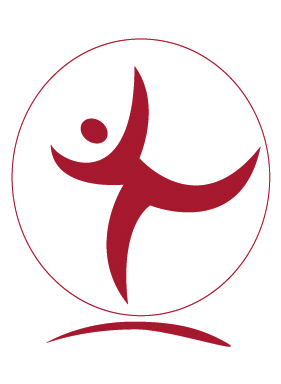Select an item by clicking its checkbox

Reimagining the Seminary Classroom to Align Faith and Work Beyond the Church
Proposal abstract :
This project explores the pedagogical implications of current realities for the church and theological education: pastors leaving full-time ministry and seminary students seeking work in a wide variety of non-profit and for-profit sectors. Gathering faculty across the Seminary along with key community partners in a retreat setting, we will envision together the shifts necessary for students to explore their vocation in justice-oriented work in a wide variety of sectors, exploring what it would look like if seminary pedagogy was organized by a desire to help students align their work beyond the church with the justice-oriented values of their faith?
Learning Abstract :
Over the past two years, the Center for Adaptive and Innovative Ministry (AIM) at Pittsburgh
Seminary has gathered local church and business leaders, social entrepreneurs, and non-profit
directors to think together about ways the Center might better support work for the common good
beyond congregational and denominational agencies. These focus group sessions have become the
basis from which Dr. Scott Hagley (W. Don McClure Associate Professor for World Mission &
Evangelism) and Rev. Karen Rohrer (Director of AIM) have developed a one-year certificate
program "Faith, Work, and the Common Good," which will be launched June 2025.
In the course of these conversations, however, the AIM team recognized the need to reimagine
course design and the classroom space.
2
Because the program will include the rigorous discernment, theological analysis, and practical skills
that characterize all Seminary degree programs along with workplace-specific coaching and
individualized marketplace learning, the AIM team recognized a gap between current educational
models and practices at the Seminary and the needs of the new program. Current educational
models, in which faculty serve as area experts in one or more disciplines within the theological
encyclopedia – systematics, Bible, practical theology, etc. – in order to help students develop the
requisite knowledge and skills for professional ministry, will not address the widespread interests and
vocational goals of students in the program. Depending on interest and vocational discernment,
students will need to learn from a wider range of experts, including small business owners and
entrepreneurs, community organizers and activists, as well as social workers and government
staffers. The Seminary cannot hire instructors and design curriculum to cover the necessary range of
experience and expertise on its own. Therefore, curriculum and classroom need to be reimagined as
spaces for convening conversation, facilitating theological reflection, and discerning vocation. We
need to learn how to pivot course construction and the role of faculty in relationship to student
This project explores the pedagogical implications of current realities for the church and theological education: pastors leaving full-time ministry and seminary students seeking work in a wide variety of non-profit and for-profit sectors. Gathering faculty across the Seminary along with key community partners in a retreat setting, we will envision together the shifts necessary for students to explore their vocation in justice-oriented work in a wide variety of sectors, exploring what it would look like if seminary pedagogy was organized by a desire to help students align their work beyond the church with the justice-oriented values of their faith?
Learning Abstract :
Over the past two years, the Center for Adaptive and Innovative Ministry (AIM) at Pittsburgh
Seminary has gathered local church and business leaders, social entrepreneurs, and non-profit
directors to think together about ways the Center might better support work for the common good
beyond congregational and denominational agencies. These focus group sessions have become the
basis from which Dr. Scott Hagley (W. Don McClure Associate Professor for World Mission &
Evangelism) and Rev. Karen Rohrer (Director of AIM) have developed a one-year certificate
program "Faith, Work, and the Common Good," which will be launched June 2025.
In the course of these conversations, however, the AIM team recognized the need to reimagine
course design and the classroom space.
2
Because the program will include the rigorous discernment, theological analysis, and practical skills
that characterize all Seminary degree programs along with workplace-specific coaching and
individualized marketplace learning, the AIM team recognized a gap between current educational
models and practices at the Seminary and the needs of the new program. Current educational
models, in which faculty serve as area experts in one or more disciplines within the theological
encyclopedia – systematics, Bible, practical theology, etc. – in order to help students develop the
requisite knowledge and skills for professional ministry, will not address the widespread interests and
vocational goals of students in the program. Depending on interest and vocational discernment,
students will need to learn from a wider range of experts, including small business owners and
entrepreneurs, community organizers and activists, as well as social workers and government
staffers. The Seminary cannot hire instructors and design curriculum to cover the necessary range of
experience and expertise on its own. Therefore, curriculum and classroom need to be reimagined as
spaces for convening conversation, facilitating theological reflection, and discerning vocation. We
need to learn how to pivot course construction and the role of faculty in relationship to student